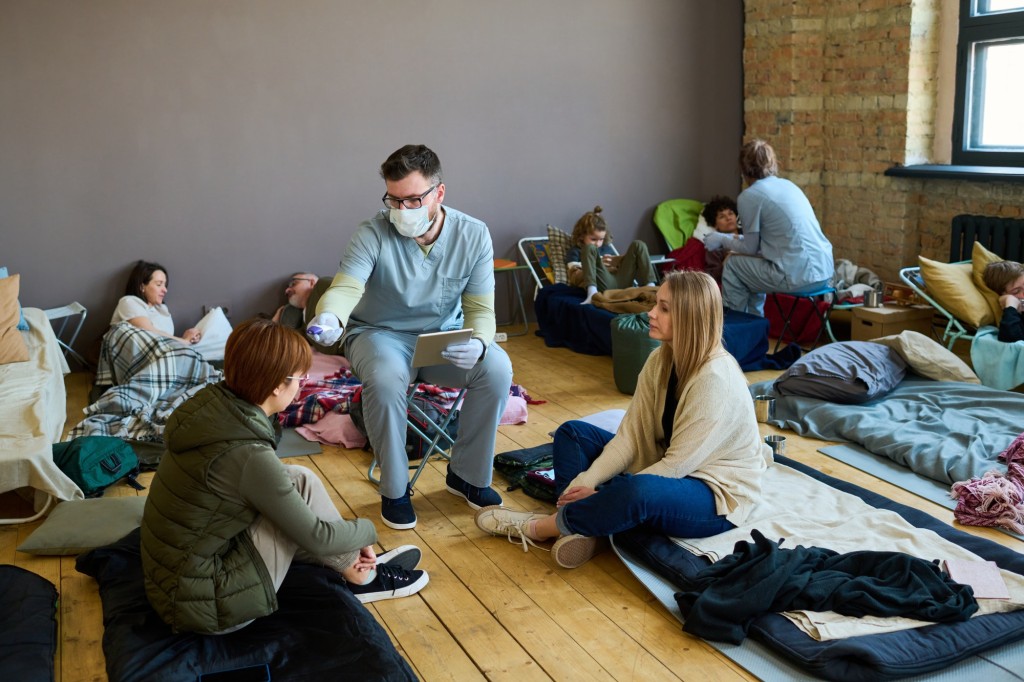
International volunteering has become increasingly popular in recent years, with more and more individuals choosing to dedicate their time and skills to help communities in need worldwide. This form of volunteering allows individuals to immerse themselves in a different culture, gain a deeper understanding of global issues, and make a positive impact on the lives of others. However, measuring the impact of international volunteering can be challenging due to its complex nature and diverse outcomes.
One way to measure the impact of international volunteering is through quantitative data. This includes collecting statistics on the number of volunteers involved, their time spent abroad, and the financial resources invested in these projects. These numbers can provide a general sense of the scale and scope of international volunteering efforts. For example, according to a report by Volunteer World, over 1.6 million people volunteered abroad in 2019 alone.
Quantitative data can also be used to measure specific outcomes such as infrastructure development or educational improvements. For instance, if volunteers contribute their skills towards building schools or hospitals in developing countries, they can quantify the number of facilities constructed or renovated due to their efforts. Similarly, if volunteers work with local communities to improve access to education or healthcare services, it is possible to measure changes in enrollment rates or health indicators over time.
However, relying solely on quantitative data may not capture the full impact of international volunteering experiences. Many aspects are intangible and difficult to quantify using traditional metrics alone. For instance, one cannot easily measure personal growth or cultural exchange between volunteers and local communities.
Qualitative methods and quantitative data collection techniques can address this limitation. Qualitative research involves gathering narratives and stories from volunteers and community members about their experiences during international volunteer projects.
These stories can provide insights into how international volunteering impacts individual perspectives and attitudes towards global issues such as poverty alleviation or environmental sustainability. They can also highlight the relationships between volunteers and local communities, highlighting mutual learning and understanding.
Qualitative research allows for a deeper exploration of the long-term effects of international volunteering. For example, interviews with past volunteers may reveal how their experiences abroad influenced their career choices or led to further engagement in social justice initiatives. Similarly, conversations with community members can uncover whether international volunteering projects have had lasting effects on their lives and communities.
In addition to quantitative and qualitative methods, it is essential to consider the ethical implications of measuring the impact of international volunteering. It is crucial to ensure that data collection processes are respectful and culturally sensitive and prioritize the voices and perspectives of local communities. Volunteers should be encouraged to reflect on their experiences critically and consider potential unintended consequences or power dynamics arising from their involvement.
Measuring the impact of international volunteering requires a combination of quantitative and qualitative methods. While quantitative data provides an overview of project scale and specific outcomes achieved, qualitative research offers a deeper understanding of personal growth, cultural exchange, and long-term effects. However, it is essential to approach this measurement process ethically by prioritizing local perspectives and considering potential unintended consequences. By doing so, we can better understand the transformative power of international volunteering and work towards maximizing its positive impact on individuals and communities worldwide.
